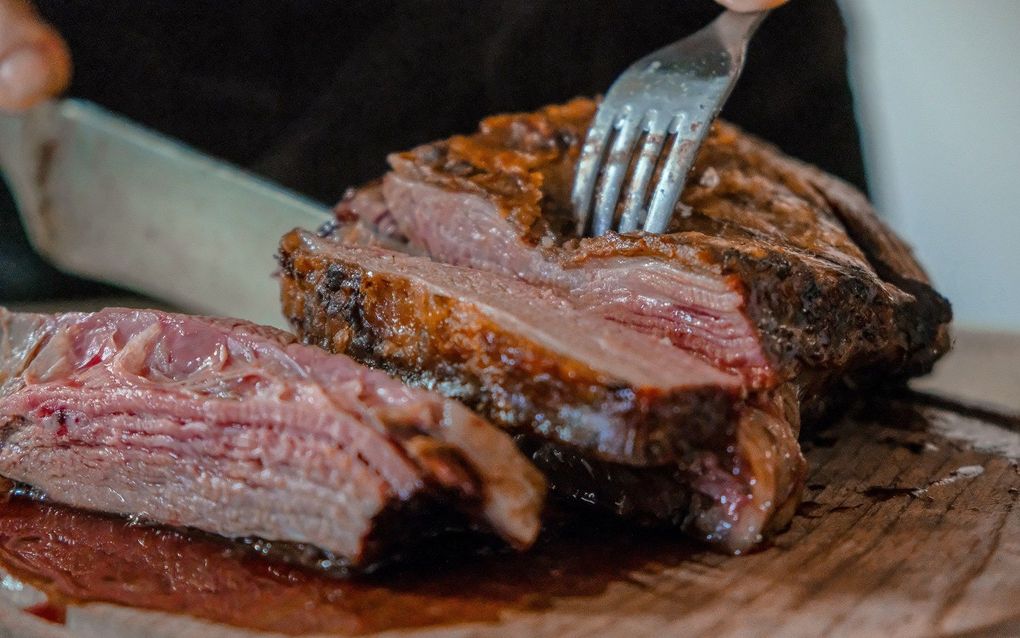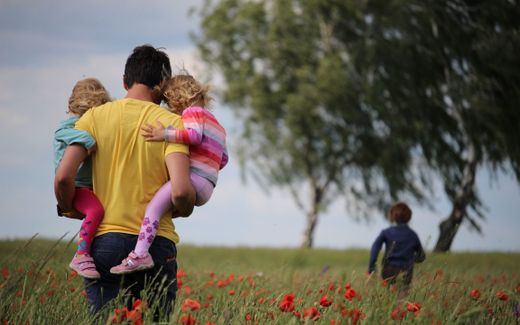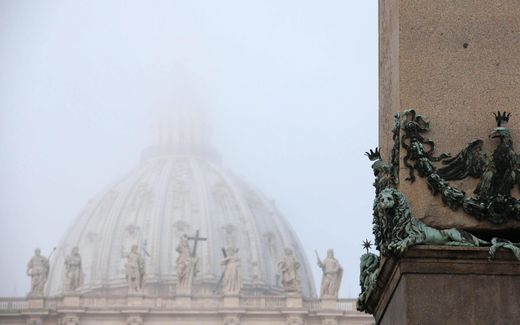Dutch Christians do not live more sustainably than non-Christians

Photo Unsplash
Western Europe
Although Dutch Christians fly less than the average Dutchman, they eat more meat. Regarding sustainability and climate, their footprint hardly differs from that of the non-Christian population of the Netherlands: about four in five Christians are concerned about climate change.
These conclusions can be drawn after the Dutch Christian daily Nederlands Dagblad had conducted research among a group of 'active Christians' and an average group of Dutch people.
'You see, among Christians, biblical notions like stewardship and charity play a big role, as does their emphasis on sobriety. Yet Christians do not differ greatly from non-Christians in their behaviour and thoughts. 'There are differences between the two groups, but there is no red thread in this,' says Asher van der Schelde, who conducted the study, to Nederlands Dagblad.
Children
However, there are some aspects in which Christians differ from others: having children. " A striking difference is that Christians with climate concerns rarely indicate that they think it is unwise to have children given climate change (13% of Christians with many climate concerns think so), while this is twice as common (26%) among the general population with many climate concerns", says the research firm I&O Research.
Furthermore, the number of vegetarians among Christians is significantly lower than among non-Christians: 3 versus 5 per cent. Christians also eat more meat every week than non-Christians. The number of Christians who regularly take an aeroplane is also significantly lower than among non-Christians.
Disappointed
Nederlands Dagblad asked several Christian experts about a reaction towards the research results. They say to be disappointed and say that churches should put climate change and sustainability higher on the agenda.
For Jan van der Stoep, a Professor in Christian Psychology, meat consumption among Dutch Christians is surprising. "Christians emphasise austerity, a traditional Calvinist virtue." According to Van der Stoep, this virtue can not be combined with eating more meat than non-Christians. "I think a contemporary interpretation of stewardship gives more attention to the value of animals, which also know pain, fear and joy. It makes creation greater if we pay more attention to that. Animals are fellow inhabitants of this earth."
Reinier van den Berg, Christian and climate expert, recognises this picture among Christians during the lectures he regularly gives around the country. He suggests a sociological explanation. 'Perhaps it has to do with the fact that many Christians have an agrarian background; one is more inclined to eat meat and make fewer faraway plane journeys.'
Jaap Dekker, a Professor of Biblical Studies and Christian Identity at the Theological University of Kampen, discovers a narrowed view of the gospel among more conservative Christians. There according to Dekker, it is mainly about the salvation and salvation of people and not about the renewal of the earth. "In Kampen, we emphasise in our training that the gospel should not be narrowed down to humanity; the gospel has in view the reconciliation of all creation. It is not about two worlds. For myself, too, it took a while before I connected my love for nature with my faith.
Related Articles






